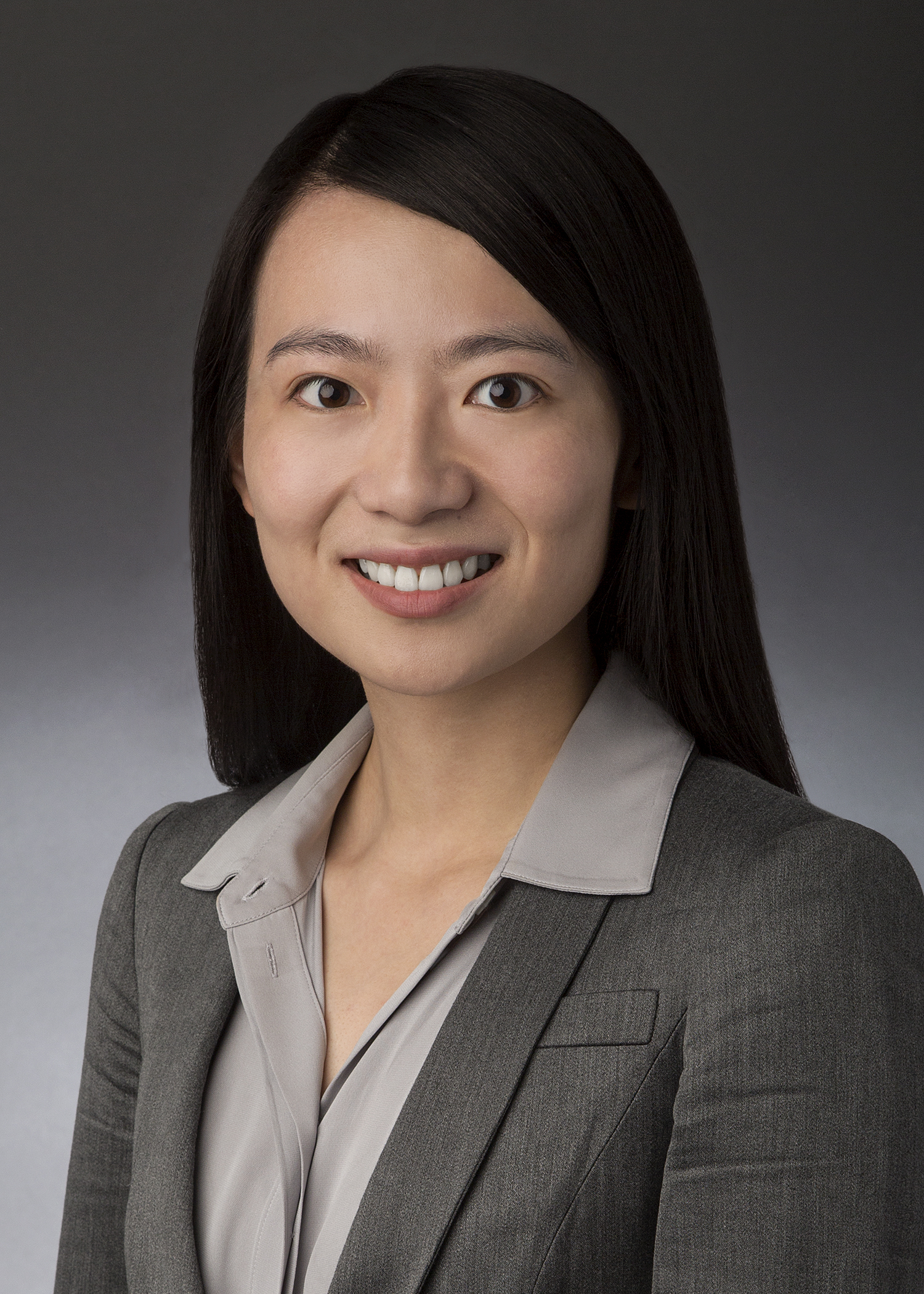Examining Global Investment and Trade Systems
Associate Professor of Law Weijia Rao explores the challenges facing the international investment and trade systems through an empirical lens.

Examining Global Investment and Trade Systems
Associate Professor of Law Weijia Rao explores the challenges facing the international investment and trade systems through an empirical lens.
“The current global investment and trade systems are completely in flux, and more empirical research is needed for us to understand the challenges facing the existing systems and the best approaches forward,” says Professor Rao, who joined BU Law this year.
Professor Rao’s scholarship tackles questions that lie at the heart of ongoing policy debates. “While there has been a lot of discussion about what went wrong with previous approaches to globalization, the empirical evidence that would help us unpack these questions has been limited. My primary research goal is to study these questions through empirical analysis to inform ongoing policy discussions,” she explains.
Part of the challenge lies in the fact that many factors influencing international economic and political relations are difficult to observe. Professor Rao’s scholarship addresses these challenges by employing innovative empirical methods and utilizing novel datasets. This includes both collecting new data and leveraging existing datasets from other disciplines, such as political science, business, and finance. For example, her research has utilized election timing to examine the impact of domestic politics on countries’ international litigation behavior, analyzed stock returns to investigate how foreign investors’ ability to challenge government regulations through international arbitration influences regulatory policymaking, and used voting records from the United Nations General Assembly to assess the political impacts of bilateral investment treaties.
Her scholarship has been published or is forthcoming in top peer-reviewed journals, including the American Law and Economics Review, Journal of Law and Economics, Journal of Legal Studies, Journal of Empirical Legal Studies, Journal of Law and Courts, and International Review of Law and Economics, as well as leading international law reviews such as the Harvard International Law Journal, Chicago Journal of International Law, and Yale Journal of International Law.
I’m really interested in exploring trade and investments with my students. There are many developments in this area, and I like to have students debate with each other and gather their views on a topic. I have learned a lot from my students.
Prior to joining BU Law, Professor Rao was an assistant professor of law at George Mason University Antonin Scalia Law School for four years. While at George Mason, she was a faculty advisor for the American Pacific Asian Law Students Association (APALSA), a group which she looks forward to engaging with at BU Law.
Professor Rao earned her LLM and JSD degrees from the University of Chicago Law School and her LLB and BA in economics from Tsinghua University in Beijing, China. After graduating, she practiced international trade and investment law at Sidley Austin LLP in Washington, DC. She credits these practical experiences with exposing her to real-world issues surrounding international trade and investment law systems and inspiring research ideas to explore.
At BU Law, Professor Rao is teaching international trade regulations, contracts, and a seminar on comparative law and China. She finds the Socratic method helpful for training students to think like lawyers and anticipate counterarguments in advance. “I realized this particularly because of my practice experience as a lawyer before joining academia.” She hopes students take this away from her classes. She also enjoys working with students on research.
“I’m really interested in exploring trade and investments with my students. There are many developments in this area, and I like to have students debate with each other and gather their views on a topic. I have learned a lot from my students.”
